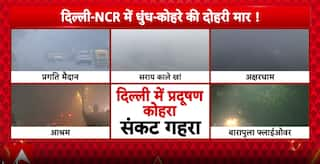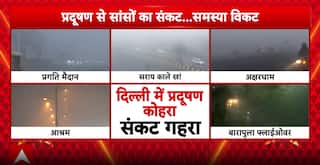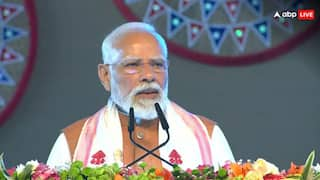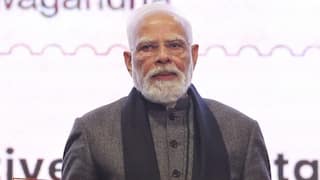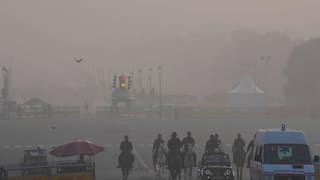PM Modi Kanpur Visit: PM To Attend IIT-Kanpur Convocation, Inaugurate Kanpur Metro Worth Rs 11,000 Cr
PM Modi will attend the convocation at the IIT-Kanpur, inaugurate the completed section of the Kanpur Metro Rail project and the Bina-Panki Multiproduct pipeline project.

New Delhi: Prime Minister Narendra Modi is going to visit one of the important cities of the poll-bound state of Uttar Pradesh, Kanpur today. Three main events are lined up in his today’s schedule which includes attending the convocation at the Indian Institute of Technology, Kanpur, inaugurating the completed section of the Kanpur Metro Rail project, and the Bina-Panki Multiproduct pipeline project.
At around 11 am, the Prime Minister will attend the 54th Convocation Ceremony of IIT Kanpur. All the students in the convocation ceremony will be issued digital degrees through an in-house blockchain-driven technology developed at the institute under the National Blockchain Project. PM Modi will launch blockchain-based digital degrees. The degrees through this technology will be unforgeable and can be verified globally.
After attending the convocation, at around 1:30 am the Prime Minister will inaugurate the completed section of the Kanpur Metro Rail Project. As per the Prime Minister’s Office (PMO), the completed 9 kilometre long stretch of the Kanpur Metro rail will run between IIT and Moti Jheel.
The complete length of the Kanpur Metro Rail project will be 32 kilometres and will be built at a cost of Rs 11,000 crore.
The construction of the Kanpur Metro Rail was given a green flag by the Uttar Pradesh Chief Minister Yogi Adityanath on November 15, 2019 and the trial run took place on November 10, 2021 on the 9 kilometre IIT to Motijheel Priority Corridor. The Prime Minister will inspect the metro rail project and will also take a metro ride from IIT metro station to Geeta Nagar.
Later, the PM will inaugurate the Bina-Panki Multiproduct Pipeline Project. As per the PMO, the 356 kilometre long Bina-Panki Multiproduct Pipeline Project has a capacity of around 3.45 million metric tonnes per annum.











